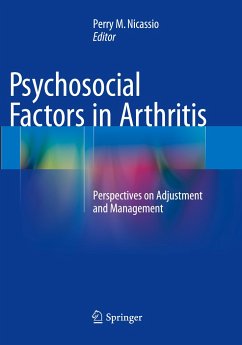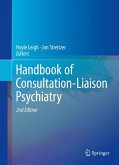This book provides an integrative approach for the management and care of the arthritis patient. Many different psychological, social, and behavioral factors have been shown to affect the quality of life of arthritis patients beyond the effects of the disease and the response to medications and treatments. The book establishes a biopsychosocial framework for understanding the interplay between psychological and physical aspects of rheumatic disease and summarizes the research about the psychosocial aspects that affect patients with arthritis, including stress, social support, doctor-patient communication, and sleep patterns. It explores the practice of incorporating psychological and behavioral approaches in the rheumatology clinic in order to surmount the problems of access and enhance the quality of care, promotes a comprehensive perspective on the numerous issues affecting persons with arthritis, and provides clinical guidelines for management. Psychosocial Factors in Arthritis is a valuable resource for behavioral medicine researchers, behavioral clinicians, and a range of arthritis professionals, including rheumatologists, nurses, and other allied health service practitioners.
Bitte wählen Sie Ihr Anliegen aus.
Rechnungen
Retourenschein anfordern
Bestellstatus
Storno








